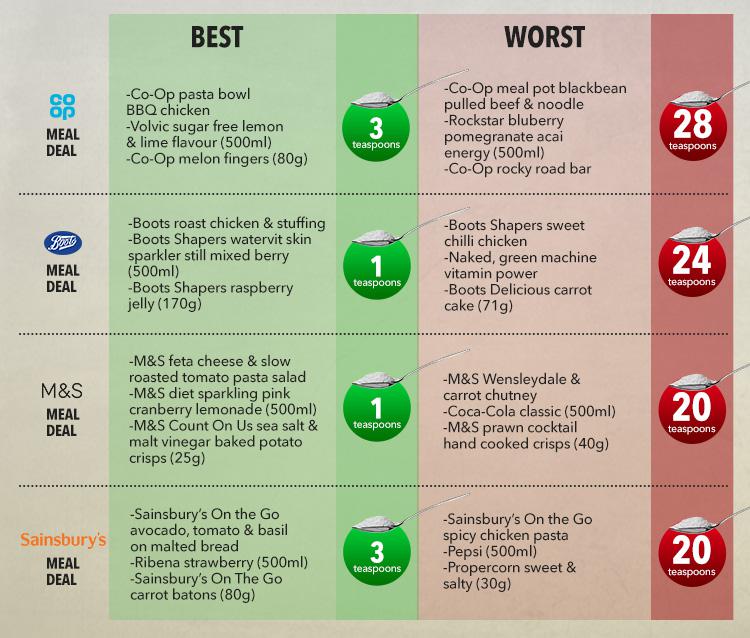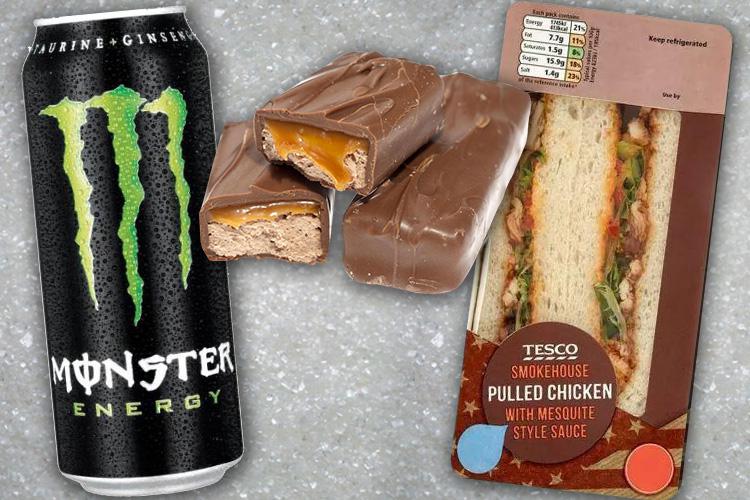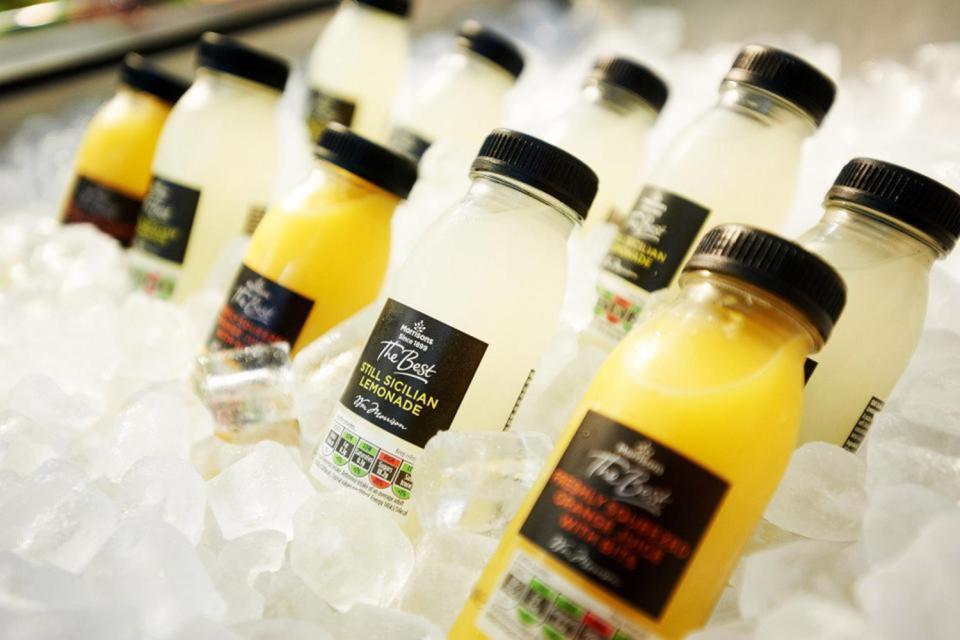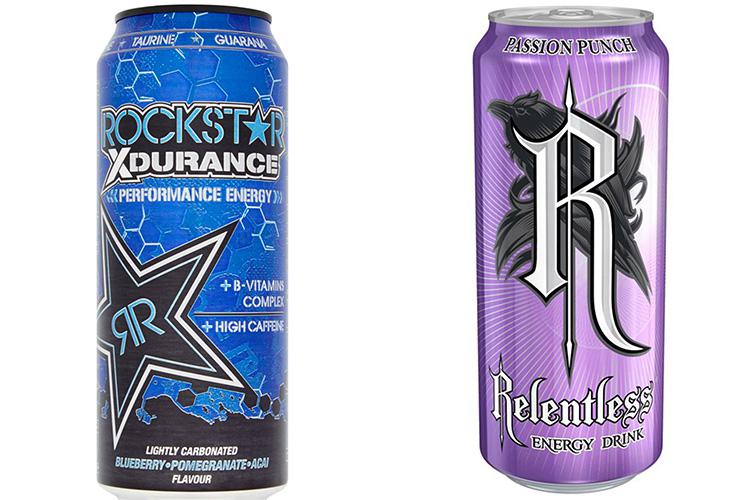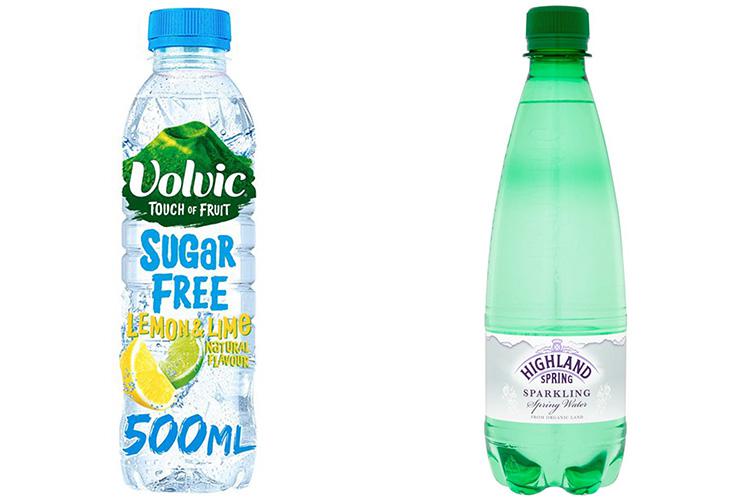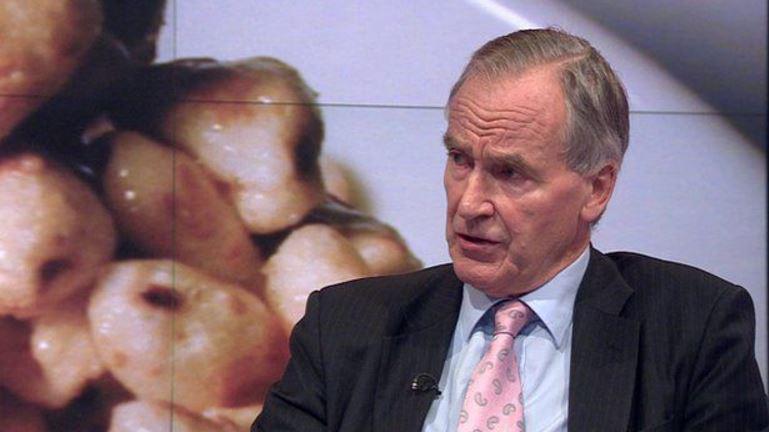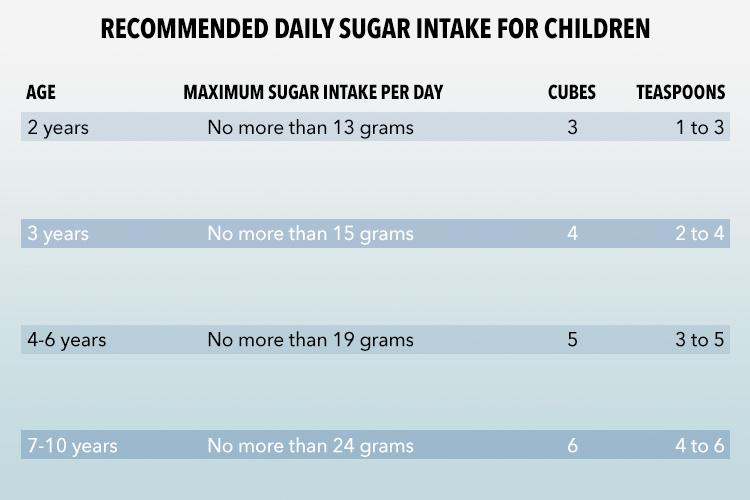The lunchtime meal deals that contain up to 30 TEASPOONS of sugar – which ones to avoid
Action on Sugar has analysed popular supermarket meal deals to see what you are really eating

YOU'D expect the chocolate bar and energy drink you buy with your favourite meal deal to contain sugar - but the amount of sugar they pack in is sure to shock you.
Some lunchtime deals contain as many as 30 teaspoons of sugar - that's more than 79 chocolate biscuits or 16 double chocolate muffins, hardly a healthy lunch.
To put this into perspective, the recommended daily amount of sugar for adults is no more than seven teaspoons per day.
So that means the deals, which often include a sandwich, a chocolate bar and a drink for around £3, could be hiding FOUR DAYS worth of sugar.
Campaign group 'Action on Sugar' has analysed popular options at leading high street stores like Tesco, Sainsbury's and Morrisons to see what you are really eating.
They are calling for high street stores to take more responsibility for the huge amounts of sugar they are selling by excluding energy drinks and confectionery from the deals.
So how does your meal deal stack up?
Action on Sugar found two meal deals that contain 30 teaspoons of sugar: the Tesco smokehouse pulled chicken with mesquite style sauce sandwich paired with a 500ml Monster energy drink and Mars Bar duo, and the Munch tuna and sweetcorn sandwich with 500ml of Mountain Dew citrus blast and 50g of Skittles crazy sours from WHSmith.
And they weren't that far ahead of other popular deals.
The sweet chilli chicken wrap from Morrisons with a Relentless passion punch energy drink and Morrisons millionaire shortbread contains an astonishing 28 teaspoons of sugar.
The same amount can be found in Co-op's meal pot of blackbean pulled beef and noodles paired with a Rockstar blueberry acai energy drink and Co-op rocky road bar.
But while this is alarming, it does not spell the end for cheap meal deals.
You just need to make healthier choices when you get to the ready-to-go food section of the supermarket.
LAYING IT ON THICK Your breakfast could contain an entire DAY’S worth of sugar as it’s revealed chocolate spreads and jams are driving us to diabetes
By simply ditching energy drinks and chocolate bars you can make a huge difference to the amount of sugar that you are eating.
One of the best deals you can get comes from M&S and contains only one teaspoon of sugar.
This deal consists of the M&S feta cheese and slow cooked roasted tomato pasta salad, M&S diet sparkling pink cranberry lemonade (500ml) and their own brand Count on Us sea salt and malt vinegar baked potato crisps.
Another healthy option is the Boots roast chicken and stuffing sandwich, Boots Shapers sparkling mixed berry water and Boots Shapers raspberry jelly pot, which also contains a total of one teaspoon of sugar.
WHSmith also has a low sugar option with its Munch chicken salad on brown bread, Robinsons summer fruits fruit shoot (275ml) with Walkers sunbites sour cream and cracked black pepper, which contains two teaspoons of sugar in total.
In terms of high street brands, Tesco fared the worst with its most sugary meal containing 30 teaspoons of sugar and its best containing four teaspoons - the highest amount on the healthier list.
M&S fared the best with its highest sugar deal containing 20 teaspoons of sugar - the least out of the unhealthiest - and their best contained just one teaspoon of sugar.
Kawther Hashem, a registered nutritionist at Action on Sugar, said: "These excessively high sugar combos can have a detrimental effect on people’s health, particularly if eaten daily.
"It is staggering that by just making simple swaps at lunchtime, you can reduce your sugar intake by a massive 29 teaspoons of sugar.
"Often it is the drinks included in the meal deals which are extremely high in sugar.
"The majority of the retailers have more high sugar drinks as part of meal deal promotions than lower sugar drinks; this is not giving consumers enough healthier choices.
"Retailers could easily replace these with lower or no sugar options, at no extra cost."
It is recommended that drinks contain no more that 13.5 grams of sugar per serve - but many retailers are surpassing this limit.
A whopping 72 per cent of drinks available in Morrisons meal deals exceeded the recommended amount, followed by 69 per cent at Tesco, 68 per cent at WHSmith, 64 per cent at Co-op and 62 per cent at Sainsbury's.
Boots had better options with just 49 per cent of drinks in the deals containing more than 13.5 grams of sugar and 38 per cent at M&S.
Graham MacGregor, a professor of cardiovascular medicine at Queen Mary University of London and chairman of Action on Sugar, added: "Eating too much sugar is linked to obesity, type 2 diabetes, cancer and tooth decay.
"Supermarkets pretend to be on the side of their customer’s health to encourage loyalty, but this survey clearly shows that they are not.
"The government now needs to take decisive action to ban all promotions of unhealthy foods."
Eating excessive amounts of sugar comes with an array of health risks linked to obesity.
Those who are overweight are more at risk of type 2 diabetes, which comes with the risk of complications including heart attack, stroke and diseases.
Type 2 diabetes is the more common form of the disease – accounting for between 85 and 95 per cent of all cases, according to .
It is usually associated with obesity and occurs when the pancreas is unable to produce enough insulin to maintain a normal blood glucose level.
Carrying excess weight around your tummy, a common side effect of eating too much sugar, increases your risk of the disease because it releases chemicals that can upset the body's metabolism.
Studies have also linked excessive consumption of sugary treats to Alzheimer’s disease later in life.
So just how much sugar should you be eating?
It is generally recommended that sugar intakes should only be about five per cent of your daily energy intake.
So that means no more than seven teaspoons per day for the average adult - the equivalent to a small glass of fruit juice and a flavoured yoghurt each day.
Children should be consuming far less than that.
Kids aged two and under should have just 3 teaspoons per day, kids aged three to six should have no more than four teaspoons a day and kids between seven and 10 should have no more than six teaspoons.
Earlier this year research revealed that kids in the UK were eating 20 chocolate chip biscuits worth of sugar every day.
Around one in ten British kids are obese by the time they start primary school, but this doubles by the time they reach their final year, with one in five 11-year-olds dangerously tubby.
Action on Sugar, based at Queen Mary University of London, is calling on the Government to get tougher when it comes to regulating sugar in food.
Earlier this year they revealed just how much sugar is hidden in the sweet spread you put on your morning toast every day.
MORE ON SUGAR
We pay for your stories! Do you have a story for The Sun Online news team? Email us at tips@the-sun.co.uk or call 0207 782 4368



